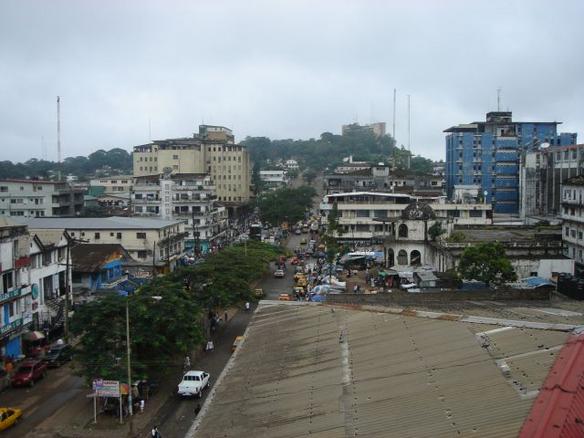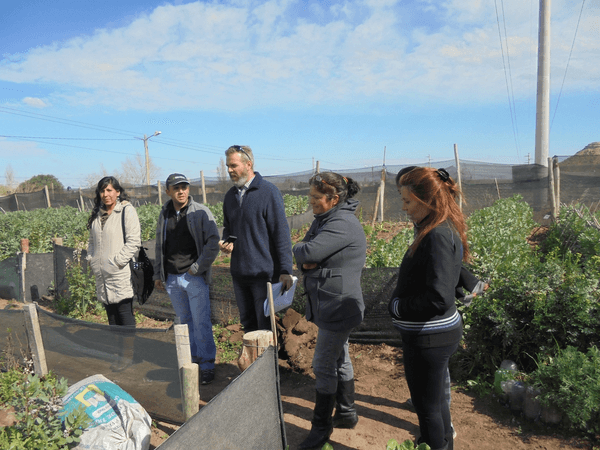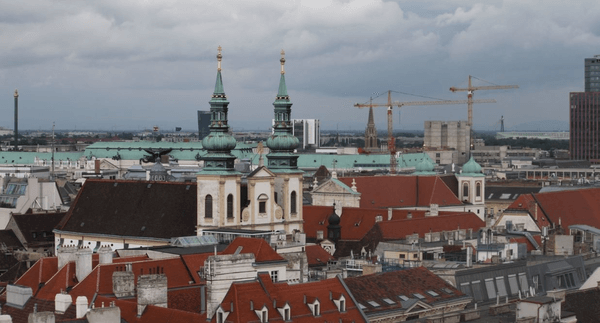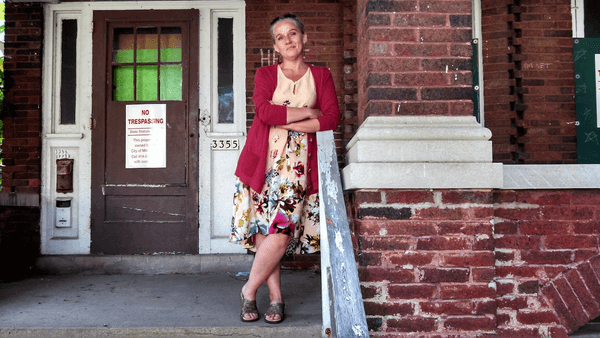The working methodology was not limited to merely translating terms of reference; instead it sought to establish a continuous and systematic process comprising:
- observation of the slums in order to identify local actors
- applied research and strategic plans to improve living conditions in these settlements. Therefore, participation of all actors is crucial.
Monrovia City Corporation was the driver of the initiative. Taking ownership of the initiative by the City Corporation was vital to ensure the sustainability of the programme. Consultative meetings were held in all the identified slum settlements. Efforts were also made to ensure that such meetings were representative of the communities in general. All the various groups within the communities were invited to meetings and contributions taken on board. In Sonewein, an initial consultative meeting was cancelled and had to be rescheduled due to the lack of women participating in the initial meeting. External consultative meetings were also held with various NGOs currently involved in providing services in slum settlements. Meetings covered topics such as past, current, and future intervention. Key personnel in government ministries and agencies were consulted. Three national workshops held as part of this exercise provided an invaluable forum for all major players to help shape the future course of this initiative.
Various meetings concerning the project were held within five communities in Monrovia. Meetings were not only limited to community leaders and representatives of various organisations. No selection criteria for attendance or participation existed; all residents had the opportunity to attend and participate. Pre-determined pointers for discussions were used in the meetings. The advantage here is the organisation of discussion topics ensuring that not only the most important points and issues covered, but also the views of participants.
In implementing the planned initiative, the following measures were planned to be taken:
- Create and maintain a supply of plots accessible to people without resources; combining action by the government of Liberia with action by Monrovia City Corporation and the traditional sector controlling land in peri-urban areas.
- Create an effective system of controlling and inspecting the use of land. This system should involve residents themselves and be combined with education, persuasion, and enforcement action.
Providing more structured forms of employment, enabling people to learn new skills, and indigenous capacity to develop economic initiatives to city-wide and nation-wide slum up-grading holding the greatest promise of scale and sustainability.
These approaches include:
- City and national governments moving beyond short-term projects to long-term activities, tackling systemic causes of slum formation. For international partners, this approach argues for long-term programmatic engagement.
- Pursuing a city-wide, multi-sectoral approach. Slums are not a result of shortcomings in just one sector; rather, they result from policy and resource deficiencies across a broad spectrum of sectors. A comprehensive approach allows the shack to become a house, a slum to become a suburb, and a slum dweller to become a citizen.
- Recognising urban upgrading as a lengthy process requiring continuity of effort: continuity of political and financial support from local and national authorities, and long-term; consistent; and reliable support from development partners.
- Paying attention, not only to upgrading existing slums, but also to anticipating and planning for future urban growth.
- Meeting basic infrastructure and service needs of growing urban populations by long-term sustainable financing. Among other actions, mobilising private sector investment in informal settlements is critical to achieving impacts at scale.



